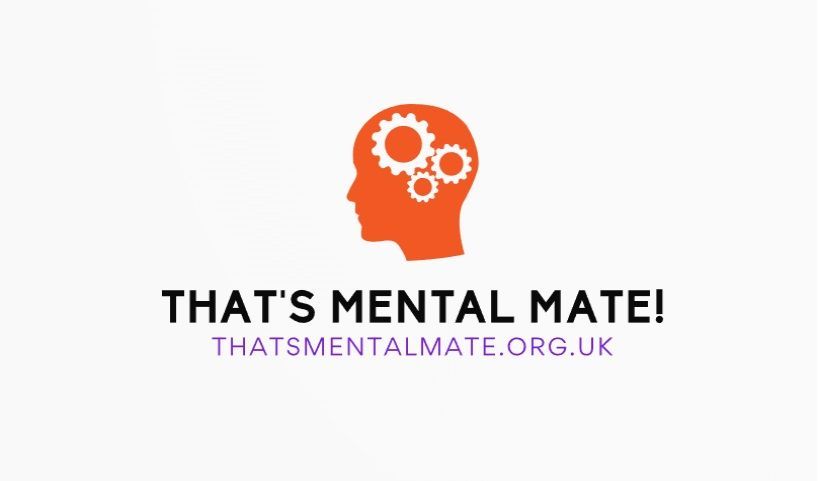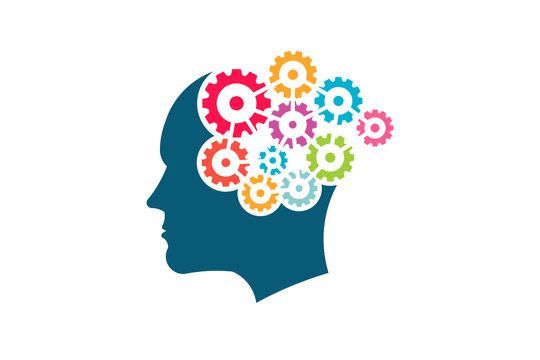What is depression?
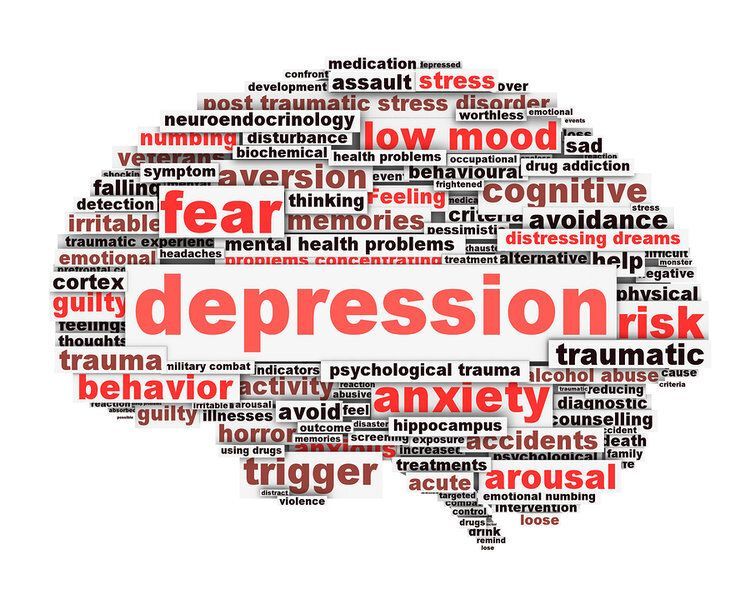
Depression isn't just to be a bit sad about something or even to be sad about anything in particular at all. Depression is much more complex than that as it can be a combination of genetics, learned behaviour and a chemical imbalance of hormones in the brain. It is an illness and needs to be treated as such.
What are the symptoms of depression?
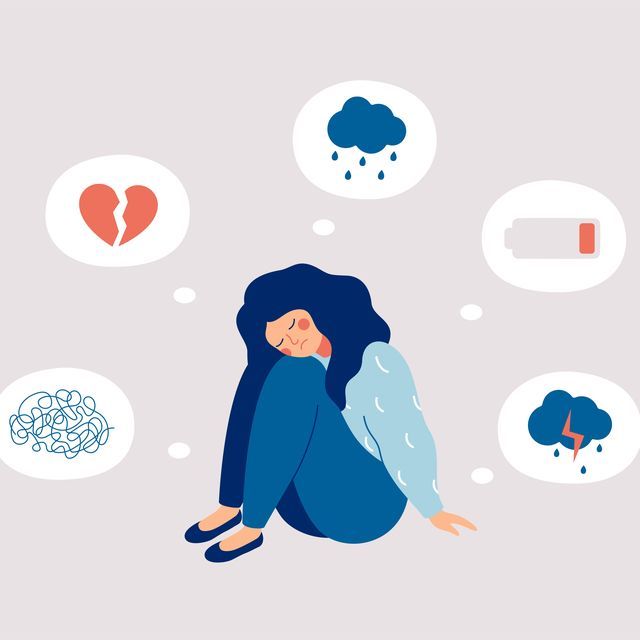
There are a number of symptoms that you may experience if you are suffering from depression. You could have a mixture of some of the fol,owing but not all.
- Low mood lasting more than 2-3 weeks.
- Feeling more tired than usual.
- Sleeping more/not sleeping at all.
- A sudden increase/decrease in weight.
- Loss of appetite.
- Becoming more irritable.
- Withdrawing from social events or friends.
- Isolating yourself from others.
- Panic attacks.
If you are experiencing any of these symptoms you should at least speak to your GP about this and think about getting support from other places too.
What are the treatments for depression?
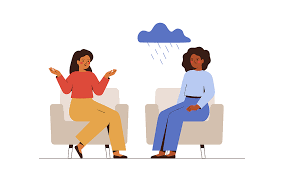
Talking to your GP would always be recommended as your first port of call when suffe ringfrom the aforementioned symptoms. Your GP can not only prescribe you medication known as antidepressants to help lift your mood but can also refer you for other services such as Talking Therapies or Social Prescribing to other organisations.
Antidepressants tend to get a bad reputation as people think that they can be addictive. Whilst this can be true, they are not addictive in a negative way. They will not leave you feeling like you need more and more of them in the same way as perhaps alcohol and/or drugs such as heroin and cocaine. The reason some people refuse to take them is because you can feel the difference if you just suddenly stop taking them. Again, this doesn't leave you wanting more, you will just notice your behaviour and mood change between being on them or off them accordingly.
Talking Therapy is a method of therapy called CBT (Cognative Behavioural Technique) which can be used to help you diagnose your own root of the problem. It is disputing our irrational thought patterns and learning to figure out why we are thinking in a certain way about certain things.
Group therapy can also be extremely helpful as you surrround yourself with people that have experienced the same mental torture as yourself and may be able to offer suggestions as to how they managed to break away from the depression.
Counselling is another option. By talking to a professionally trained ear, you may find out more about yourself than you first thought existed. Talking to a complete stranger helps you to be truthful and gives a fresh perspective on events that have happened in your life and how they may have affected you. Depending on the type of counselling, you probably won't get advice on how to deal with it but instead will gain an insight into ways you can help yourself through it or at least understand it.
Links for NHS treatment
If you live in England and are aged 18 or over, you can access NHS talking therapies services for anxiety and depression.
A GP can refer you, or you can refer yourself directly without a referral.
NHS talking therapies services offer:
- talking therapies, such as cognitive behavioural therapy (CBT), counselling, other therapies, and guided self-help
- help for common mental health problems, like anxiety and depression
The problems that talking therapies services can treat include:
- depression
- generalized anxiety
- social anxiety
- panic and agoraphobia
- other phobias
- obsessive-compulsive disorder (OCD)
- post-traumatic stress disorder (PTSD)
- irritable bowel syndrome (IBS)
- body dysmorphic disorder
You need to be registered with a GP to get talking therapies on the NHS.
To self-refer for Talking Therapies click here.
